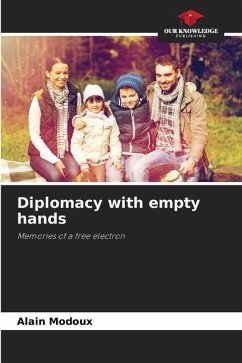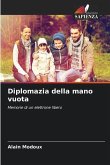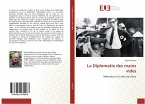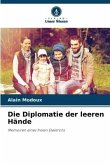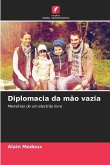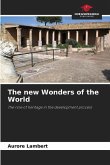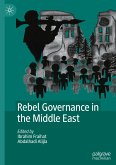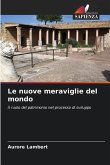Through his memoirs, the author analyzes humanitarian and multilateral diplomacy, of which he was a stakeholder for more than three decades through his involvement with the ICRC and then UNESCO. From his experiences in Vietnam and the Middle East in the 1960s to the corridors of the UN in the 1990s, the author underlines how difficult it is for international organizations to get states to respect the commitments they have made, when they have nothing to offer in return. Hence the title of the book: "The diplomacy of empty hands". While trust is an important element of negotiation, the context plays a crucial role. The third part of the book shows how the end of the Cold War and the wave of democratization that followed it allowed for significant progress in the area of freedom of expression and freedom of the press. It highlights the process of independence of the media from state control that UNESCO, under the impetus of the author, has encouraged and supported since May 1991 (Windhoek Declaration) on all continents.

